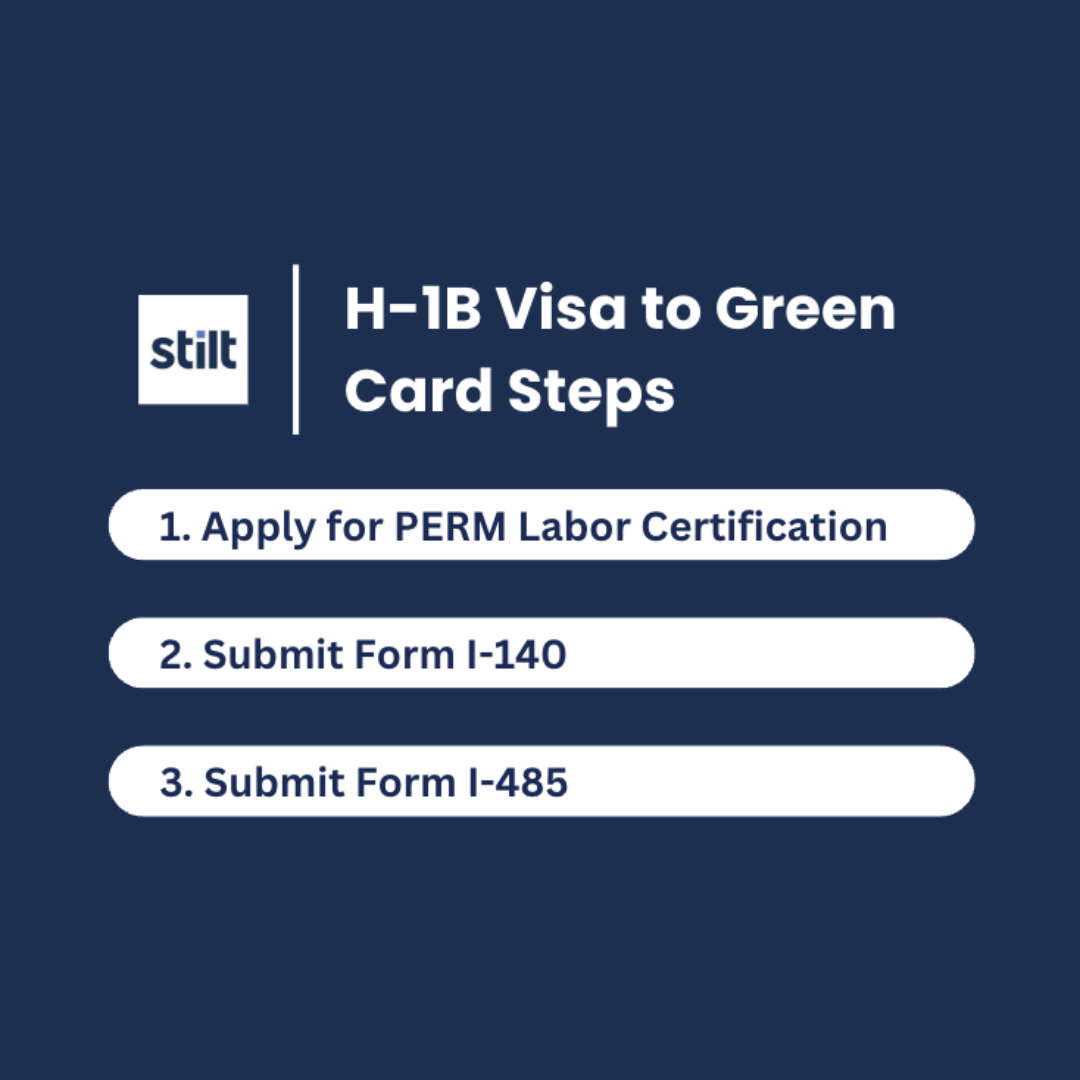H1B Visa Sponsorship: A Comprehensive Guide for Employers and Employees
The H1B visa is a non-immigrant visa in the United States that allows U.S. employers to temporarily employ foreign workers in specialty occupations. This guide provides a comprehensive overview of the H1B visa sponsorship process for both employers and employees, covering key aspects, requirements, and potential challenges.
Understanding the H1B Visa
The H1B visa is highly sought after, but also highly competitive. It's crucial to understand its intricacies before embarking on the sponsorship process. Here's a breakdown:
- Specialty Occupation: The position must require theoretical and practical application of a body of specialized knowledge. This typically includes fields like science, engineering, technology, and medicine.
- Bachelor's Degree or Equivalent: The foreign worker must possess at least a bachelor's degree or its equivalent in the specific specialty occupation.
- Employer Requirements: Employers must demonstrate that they meet specific requirements, including the ability to pay the offered wage and a need for the specific skills of the foreign worker.
- Quota System: The U.S. Citizenship and Immigration Services (USCIS) issues a limited number of H1B visas each fiscal year (October 1st to September 30th). This creates a highly competitive environment.
- Visa Validity: H1B visas are initially granted for three years, with the possibility of a three-year extension, totaling six years.
For Employers: The Sponsorship Process
Sponsoring an H1B employee involves several key steps:
1. Determine Eligibility:
- Ensure the position qualifies as a specialty occupation.
- Verify the foreign worker meets the educational and experience requirements.
- Confirm your company's ability to meet the financial and legal requirements for sponsorship.
2. File the LCA (Labor Condition Application):
- The LCA is filed with the Department of Labor (DOL) and certifies that the employer will pay the prevailing wage and that the hiring of a foreign worker will not adversely affect the wages and working conditions of similarly employed U.S. workers.
3. File the H1B Petition:
- Once the LCA is approved, the employer files Form I-129, Petition for a Nonimmigrant Worker, with USCIS. This petition includes detailed information about the position, the employee, and the company.
4. Maintain Compliance:
- Throughout the employee's stay, the employer must maintain accurate records and ensure compliance with all H1B regulations. This includes ensuring the employee continues to work in the specialty occupation and is paid the prevailing wage.
For Employees: Understanding Your Role
While the employer handles the majority of the paperwork, employees play a critical role in the H1B visa sponsorship process:
- Provide Necessary Documents: You'll need to provide documentation to prove your qualifications, including your degree, transcripts, resume, and work history.
- Maintain Open Communication: Stay in regular contact with your employer throughout the process, providing any necessary information promptly.
- Understand Your Rights and Responsibilities: Be familiar with your rights and obligations under the H1B visa.
Challenges and Considerations
The H1B visa process can be complex and challenging, with potential roadblocks including:
- Quota Limitations: The annual quota often leads to a lottery system, making it difficult to secure a visa even with a strong application.
- Extensive Paperwork: The process involves significant paperwork and meticulous attention to detail.
- Potential Delays: Processing times can vary, leading to potential delays in the start date of employment.
- Compliance Requirements: Maintaining compliance with all regulations is crucial; failure to do so can result in severe penalties.
Conclusion
Navigating the H1B visa sponsorship process requires careful planning and meticulous attention to detail. Both employers and employees must understand their respective roles and responsibilities to ensure a successful outcome. Consulting with an experienced immigration attorney is highly recommended to increase the chances of a smooth and successful application. This guide provides a foundational understanding, but seeking professional legal advice is crucial for a comprehensive approach. Are you ready to begin the process? Consider consulting with an immigration specialist today.

